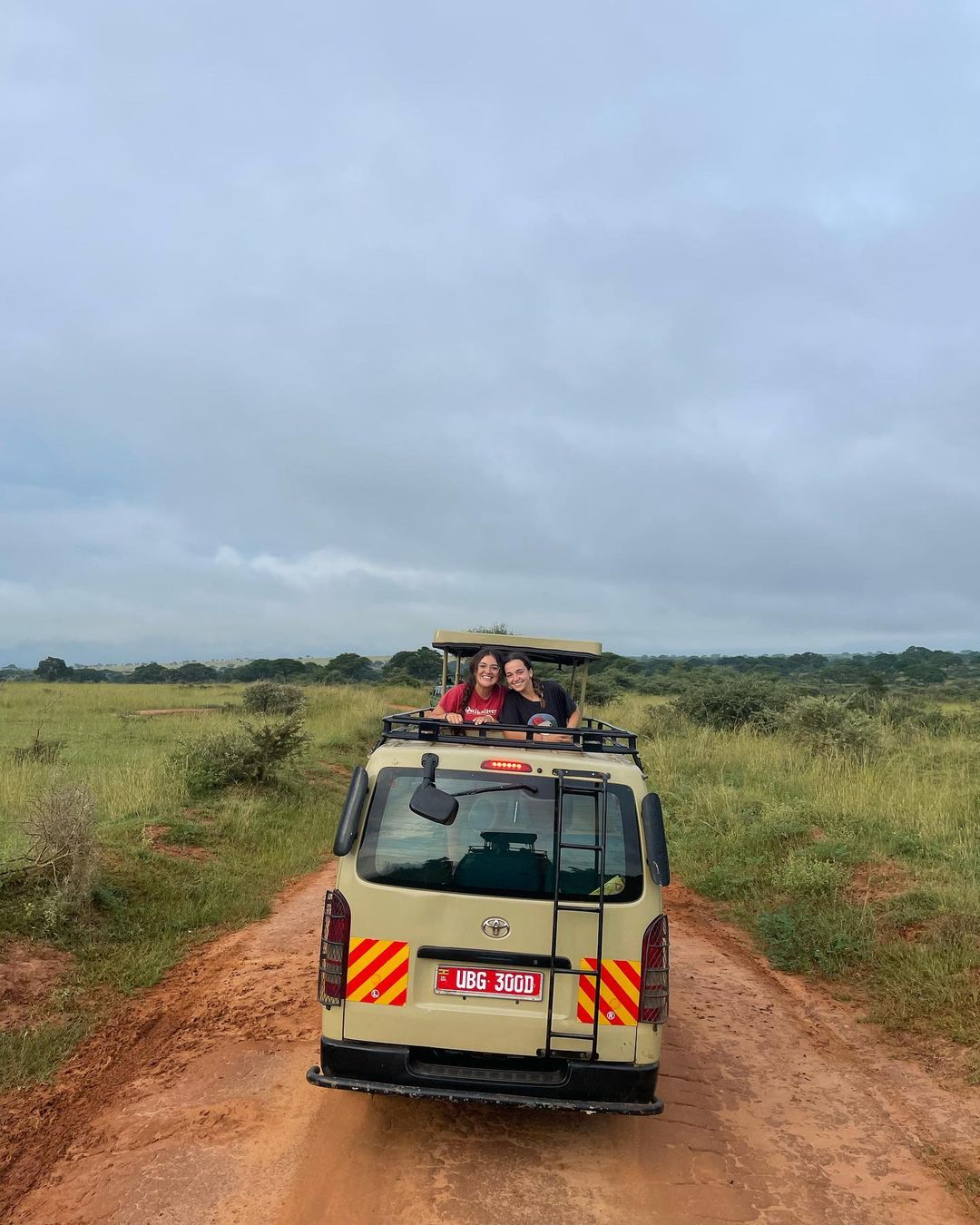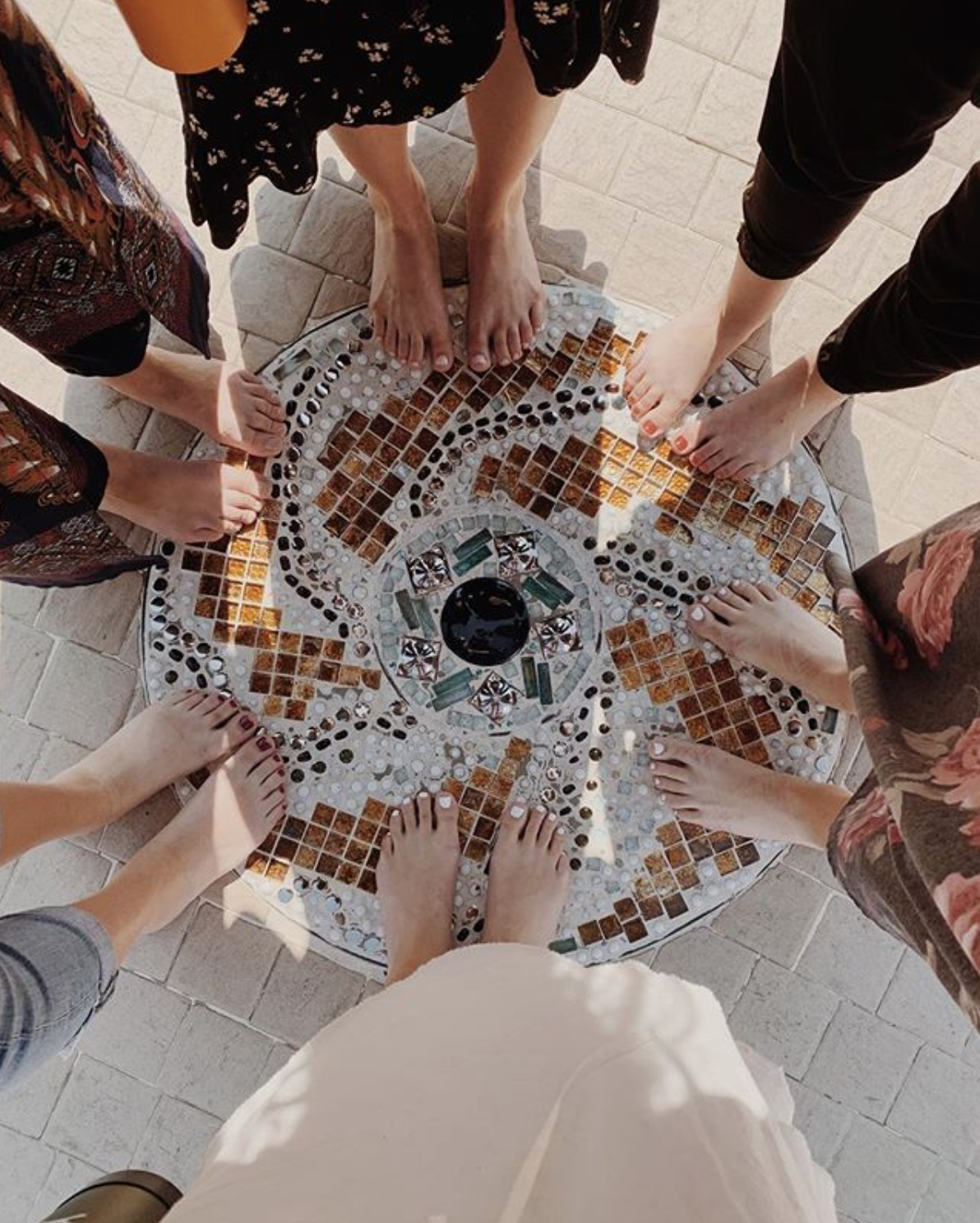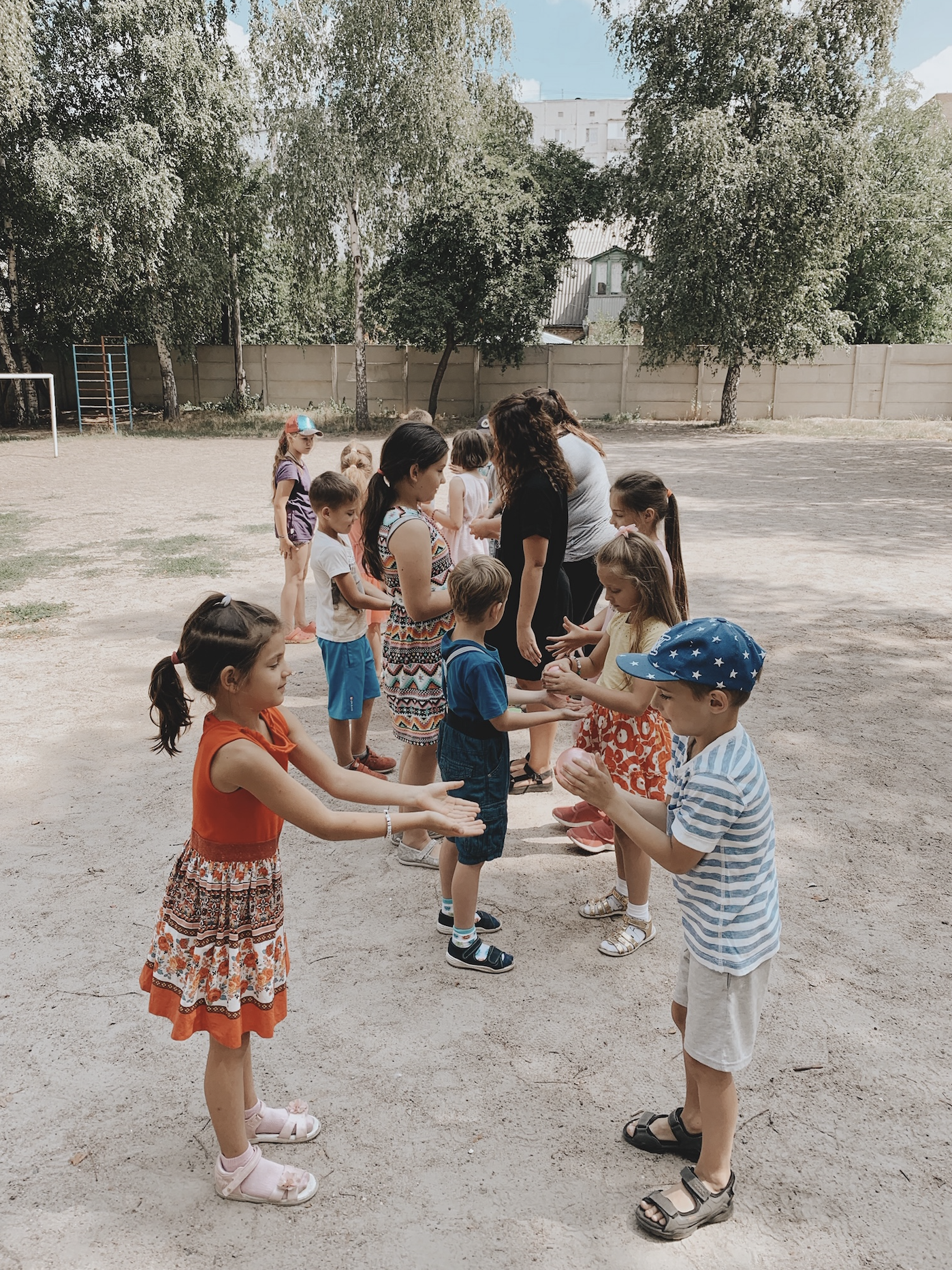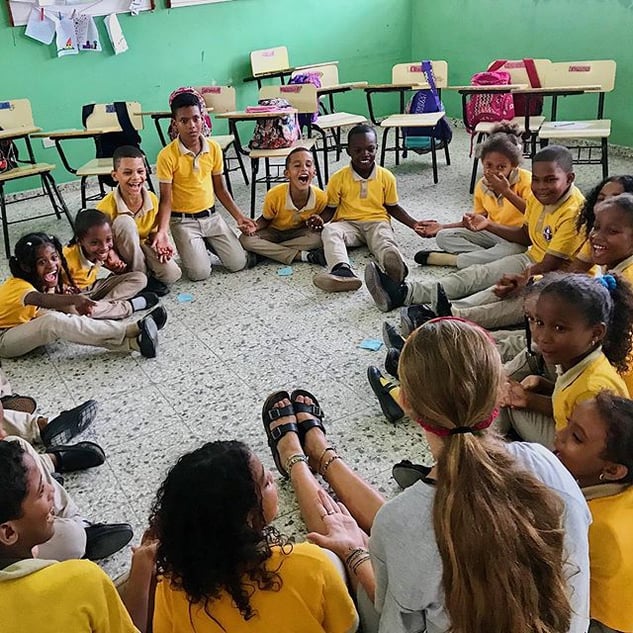
Much of ILP's passion and mission is geared toward helping children learn English ... why is that?
International Language Programs (ILP for short!) is a non-profit org based out of Utah with opportunities for college-age volunteers to live abroad all over the world (take a peek at all of our countries) with other American volunteers.
Ready to volunteer with ILP? Apply here!
So how are you needed? Volunteers help by working with cute kids! We have a couple different ways you can help —Teach English to kids in the classroom or volunteer in orphanages, helping with physical and emotional development.
Psst! Did you know you don't need any experience teaching or in the health field to volunteer with us? Sweet!
When most people think of making a difference and doing a service trip they picture volunteering in an orphanage, building houses for the homeless, or stepping in after a natural disaster. All wonderful things. But have you ever considered teaching English as a service as well?
We have. Our volunteer program is highly geared towards sharing the English language through a natural speaker (like you!). If you were raised with English as your first language, you have a sought after skill that can be shared. Here's why.
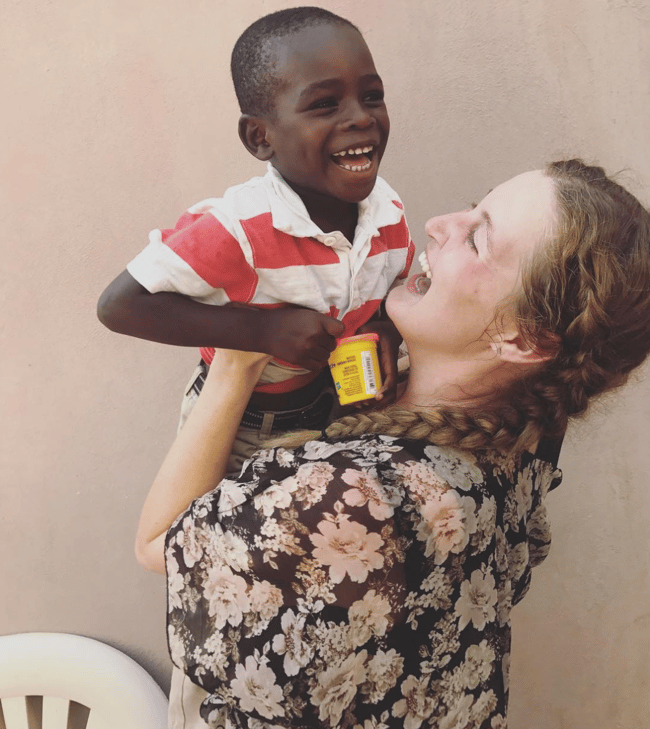
More Opportunities Come To English Speakers
We all know that education in any form opens doors. You have more opportunities when you bring more skills to the table and that is especially true with jobs.
While English isn't the official language in most countries around the world, it is one of the top languages that unifies us all. I just did a quick search to see how many languages there are spoken throughout the world and Google told me there are 6,500. Yikes! We can't learn every single one (or even get close to it) so it just makes sense that there is one language we can all learn to be able to communicate internationally.
We've seen the need for English speakers increase as tourism and business relations grow. If you go on vacation in the Dominican Republic, the nice hotel you're staying at is absolutely going to hire locals who speak English as well as Spanish so that they can accommodate both locals and tourists from around the world. Not only are more opportunities given to bilingual speakers who are fluent in English, but they tend to also receive a better pay.
If you grew up in an English speaking country, count yourself incredibly lucky. But for countries where that isn't the case, learning to speak English is a part of education and is seen as a valuable skill well worth attaining.
This is especially true in touristic countries like Thailand and throughout large regions like Europe. The same goes for the Caribbean and Central America.
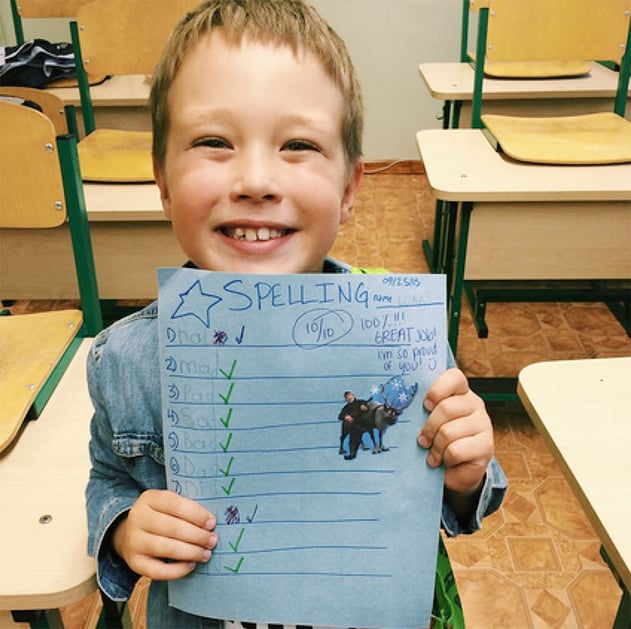
Speaking English Boosts A Country's Economy
Not only does speaking English help the individual, it also helps the economy of the entire country to grow and flourish. More jobs and trade are possible within a country with international business plus thriving tourism brings in more and more travelers. Helping one truly does help many.
Speaking English Bridges Cultural Gaps
If you've ever traveled the world before, you'll gain a huge appreciation for the fact that you can already speak universal language. When I was a volunteer in Lithuania, I went on vacation in Poland. I missed my bus and really needed help finding where I could buy a ticket for the next bus so that I wouldn't be stranded! I found a helpful stranger but the only problem was he was also a foreigner from Germany! He didn't speak Polish (which was fine because neither did I). I didn't speak German, he didn't speak Lithuanian...but guess what? We both spoke English — the universal language.
Travel bridges gaps between cultures. Travel opens your mind to new experiences, new ways of thinking, creates connections, and builds your confidence. Travel changes your life immensely and helps remind us all that despite the differences, we're all in it together. I'm so grateful there's a universal language so that I'm able to travel to places like Cambodia despite the fact that I haven't learned Khmer. Or the fact that I could enjoy the beach in Bali even though I didn't speak Balinese. I could make local friends while I was a volunteer in Thailand even though the only phrase I knew in Thai was hello. And yes...I've been to a lot of places and it was all while I was an ILP volunteer!
I always make an effort to learn as many phrases in the local language that I can when I'm preparing to travel to a new country, but I'm incredibly grateful that I can get by with English and that communication doesn't stop my experiences.
Oh and by the way, I'm not the only ILP volunteer that has been all over the world. Hannah went on 6 service trips with ILP — read about them here!
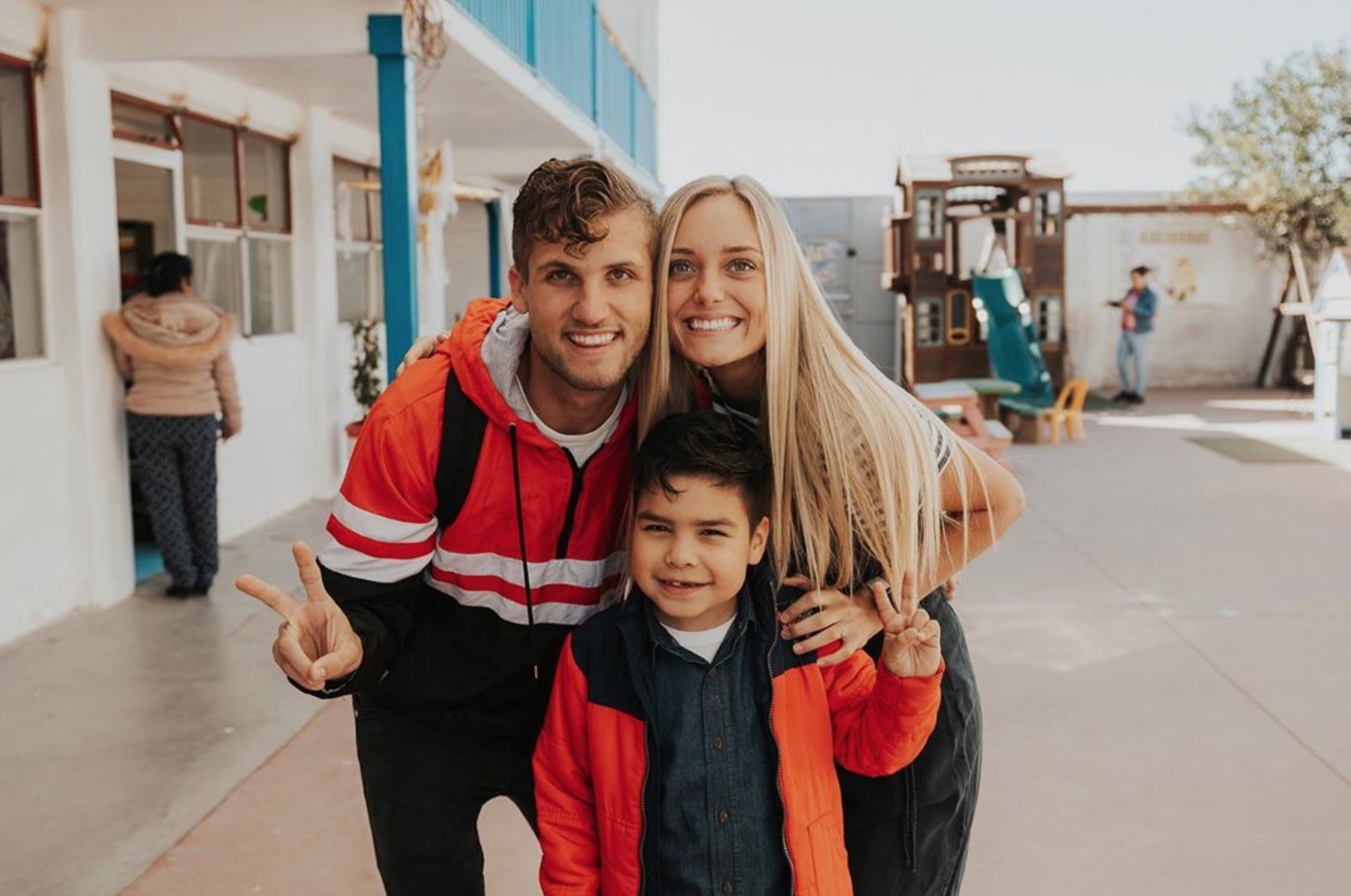
Are you ready for a semester living abroad
where you can make a huge impact?
Learning a new language is hard, but learning from a natural speaker (someone who just grew up speaking it) is invaluable.
ILP has two programs. You can make a huge difference in both by teaching English or serving in an orphanage, but there is a difference! In our Humanitarian Program you'll be working with kids who are underprivileged and wouldn't otherwise be able to afford the free education you're providing them. In our Exchange Program you'll be working with children who are typically middle to upper class, so you're still making a big difference but it's a bit of a more affordable volunteer program because your student's families help subsidize your costs of going abroad. Learn more about which program is right for you.
Or click below and get in contact with an ILP representative who can answer all of your questions about how to make it possible to serve abroad!


